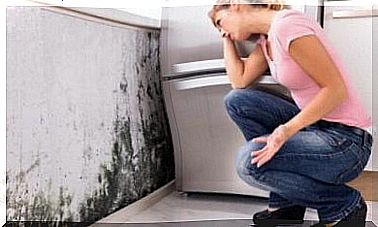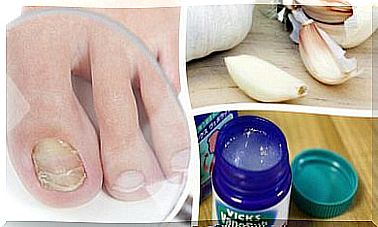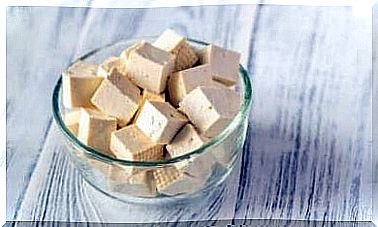4 Tips To Get The Water Stuck In The Ear Out
Although it is not very pleasant, getting the water stuck in the ear out is essential to avoid hearing problems or even an infection.
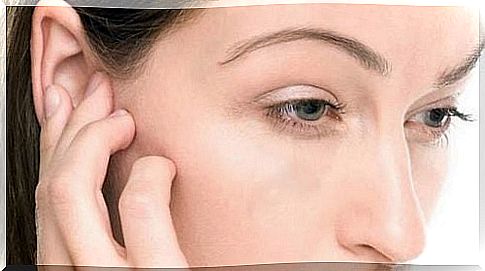
We’ve all found ourselves one day with pool or sea water stuck in our ear for one reason or another. This is one of the most unpleasant sensations there is: the ear is buzzing and hearing becomes bad. How to get the water stuck in the ear out?
And the most annoying thing is that getting the water stuck in the ear out is not easy. V However, you must be careful how you handle the situation because not all methods of removing this residual water are safe. In fact, some can make the situation worse.
Some tips for getting water stuck in the ear out
There are many circumstances in which we can end up with water stuck in our ear. It is even possible that a little sweat gets stuck in the ear when we use headphones. If this problem is not treated in time, it can set off an infection like swimmer’s ear, as this article from American Academy of Otolaryngology-Head and Neck Surgery Foundation explains .
Here there is no question of testing many tricks and folk remedies to get the water stuck in the ear out. It is essential to do this safely in order to avoid damage to the ear canal. We must, moreover, take more precautions if we have suffered from a problem with the eardrum or any other part of the ear.
So how do you get the water stuck in the ear out? Which methods are best to avoid? Find out the answers to these questions later in this article.
1. Clear the air
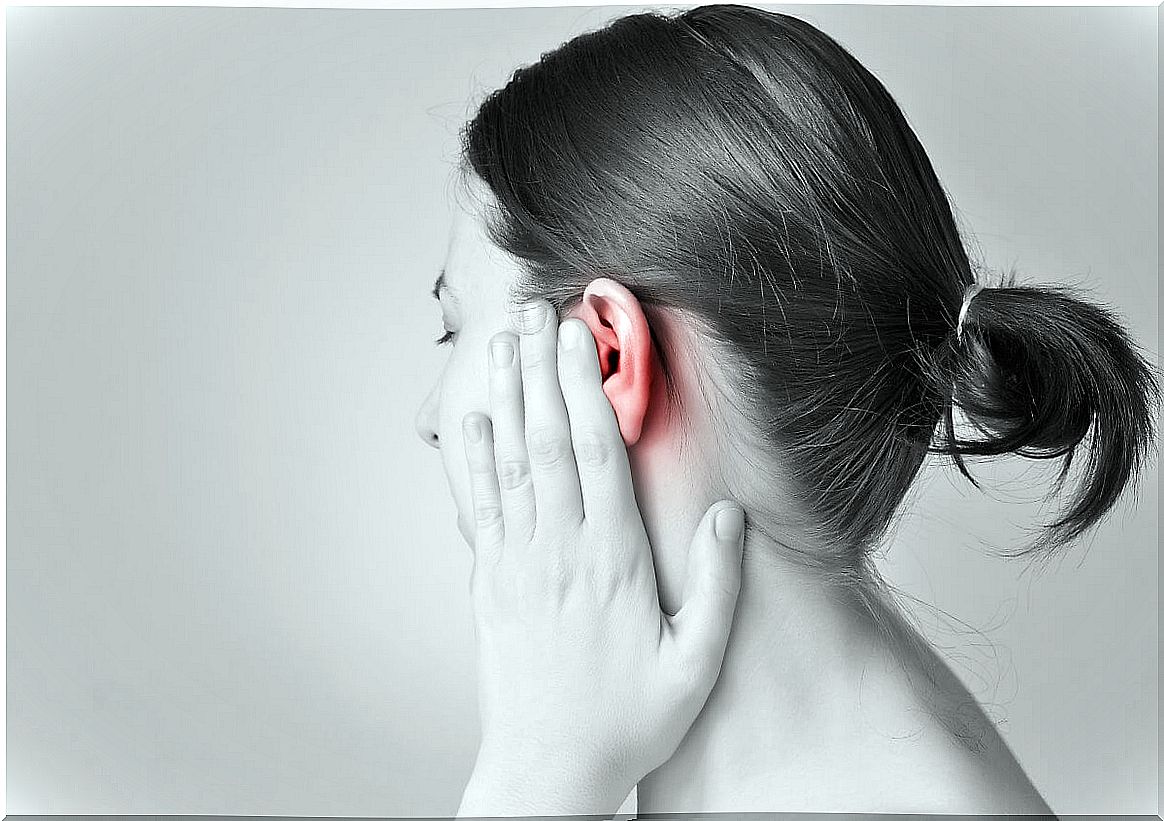
Usually, when water gets into the ear, you panic and slap yourself on the head on the opposite side. This technique sometimes works, but it is easier to place the palm of your hand on the affected ear and apply pressure to create a kind of vacuum that will allow the water to flow down through the ear canal.
2. Head tilted to the side
There are several ways to put this advice into practice.
- You can tilt your head and then strike with your hand on the back of the neck or on the other ear to unblock the blocked ear.
- If the water has really gone down deep, jump in place with your head tilted. The pressure exerted by the jump will expel the water.
- Little extra tip: you can pull on the earlobe to open up the ear canal more. This will make it easier to expel the water regardless of the method used.
3. Lie on your side

This trick is really effective and very simple. Just lie on the side of the body where the affected ear is, and let gravity do the rest.
You can tilt your head so that it is perfectly parallel to the bed. This way, the ear canal will be straight and the water will come down on its own.
4. The hair dryer
Using a hair dryer is an ideal solution to evaporate the water that is inside the ear. It is recommended to turn it on at the lowest power and place it at a safe distance in order to avoid burns. Hold this position for a few minutes. With this method, the wind from the hair dryer will expel the water or the water will eventually evaporate with the heat.
Things to avoid
The methods just mentioned can be useful when it comes to getting water stuck in the ear out, but they are not the only ones. There are other popular tips that usually grab attention. The downside is that these other tips can scratch the ear canal or hit the earwax inside the canal. Therefore, the risk of infection is greater.
- Cotton swabs. Far from helping to get water stuck in the ear out, they can push earwax and dirt inside the ear canal causing irritation, discomfort and infection.
- Fingers or specific elements. It is not good to put the finger or the nail in the ears. Also avoid pliers or the like. The skin of the ear canal is delicate.
- A mixture of hydrogen peroxide and vinegar. Some people resort to drops of hydrogen peroxide, vinegar or alcohol to solve this problem. However, there is no evidence to confirm that this is a safe and effective method. The consequences can be serious, such as a perforation of the eardrum, for example.
When should you see your doctor?
Generally, the inconvenience associated with the presence of water in the ear disappears within a few hours. However, if the symptom persists, is recurrent or is accompanied by other inconveniences, it is then essential to consult your doctor or an ENT specialist in order to identify the problem and to follow an appropriate treatment.




